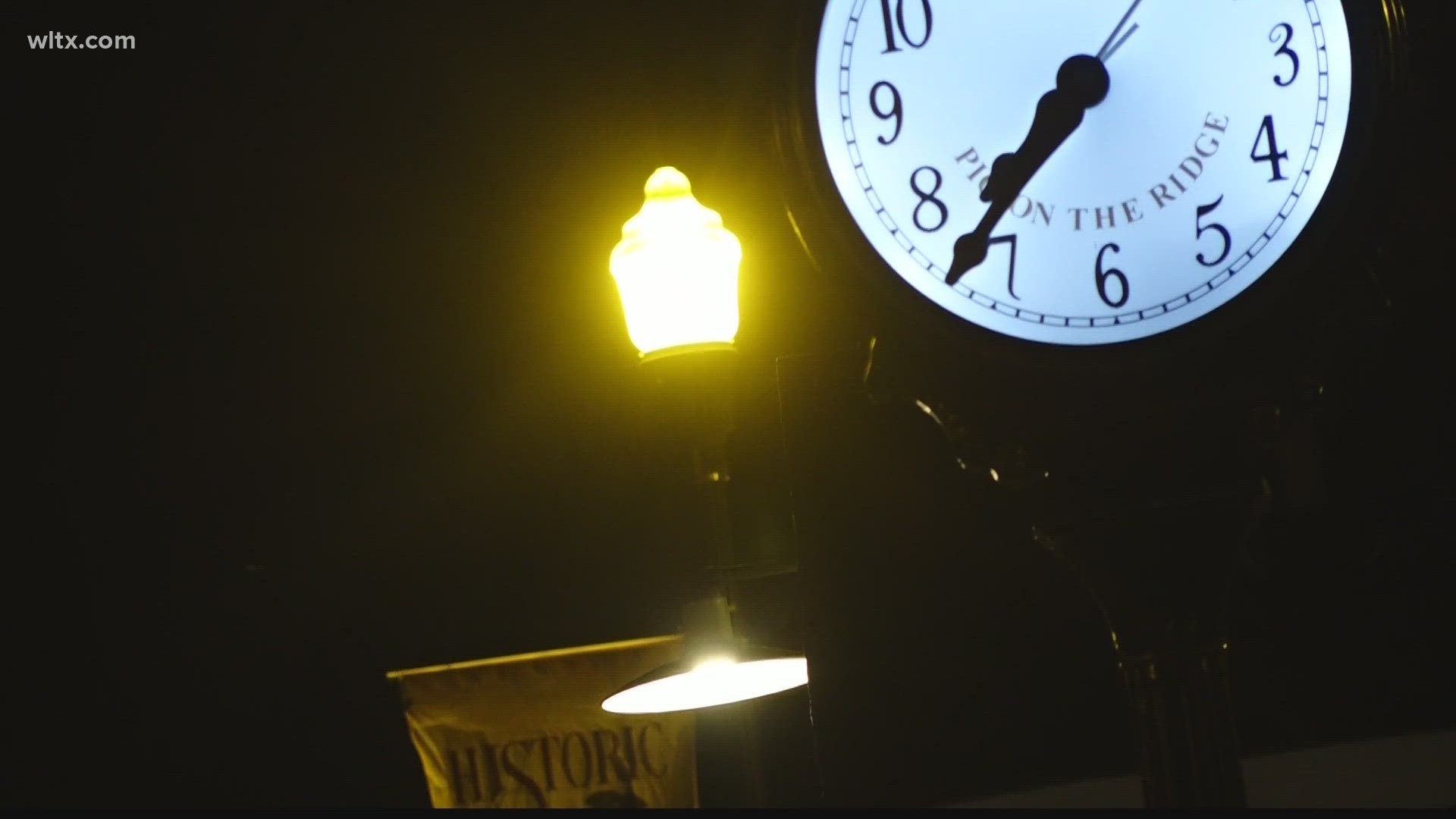WINNSBORO, S.C. — Many of us have heard of the Salem witch trials in 1692. Not as many know that, 100 years later, another happened about 920 miles south of Massachusetts in Winnsboro, South Carolina. This is the so-called discovery and trial of the First Witch of Winnsboro.
Winnsboro was established as a town in Fairfield County in 1799. According to the Fairfield County Museum Director, Pelham Lyles, before becoming a town, it was a frontier settlement. Today, the area is known for a few things, but a witch is not at the top of the list.
“Granite, Fairfield County is known for the longest continual running town clock,” she said.
Lyles said in the 1790s, being different could mean you were a witch.
“And during that period of time, if you happened to be a little bit different from the farmer down the road, you might be suspected of having caused his cow to die,” Lyles said.
According to the Fairfield County Museum Archives, one woman in 1792 was tried for this exact reason.
“A woman named Mary Ingelman was accused of causing people’s cows to die or natural disasters that they need to pin something on somebody,” Lyles said.
As a result of the accusations, Winnsboro residents decided to hold a mock trial. At the time, historians said there wasn’t concrete evidence submitted; instead, the court used what is now known as hearsay.
“Just cause so-and-so said, that was enough,” Lyles said of the evidence used against Ingelman.
But the elderly woman Mary Ingelman wasn’t the only one put on trial. She, along with others, were persecuted.
“They brought in two other individuals who also they wanted to accuse of being witches and decided they were witches and they pushed their feet to the fire of these people and burned the soles of their feet off,” Pelham Lyles said.
While the accusations were never proven, and the trial was determined to be illegal, historians said a trial like this marks a community.
“I think that marks a community in a way, well of course Salem Massachusetts with all of the money they make off of it of the Salem Witch Trials,” Gary Pender said.
According to a submission to the September 2012 Fairfield Genealogical Society Newsletter by Will Kale, Mary might have been a German Christian who came to America for religious freedom.

